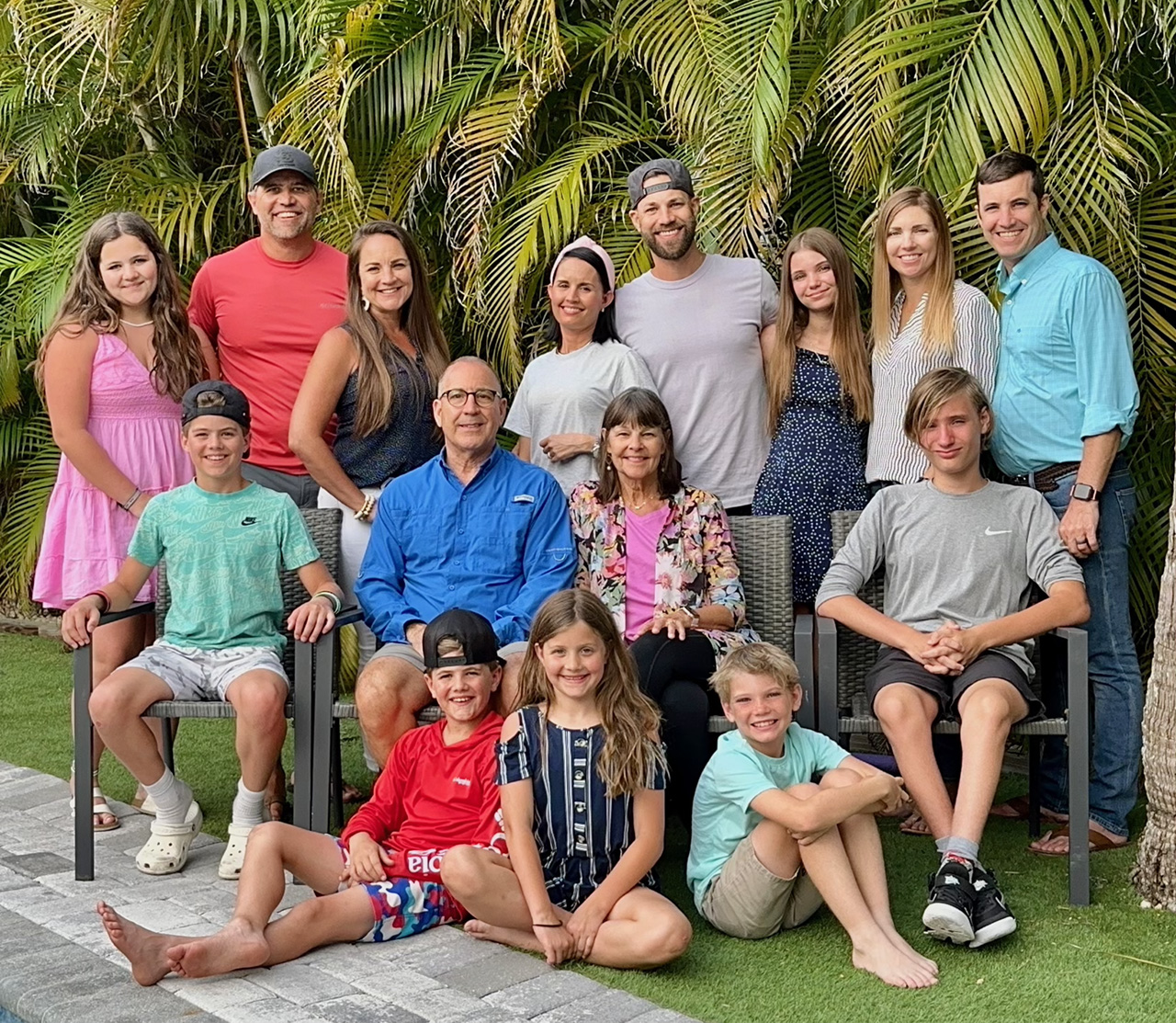We had two of my three kids and their families over for Thanksgiving, and I inadvertently engaged them in a talk on politics. I only realized the danger of what I had done after I started the conversation. However, it was one of the most engaging and informative conversations I have had in a long time on the state of the State. Everyone engaged with honesty and openness to hearing the others. Even my 16-year-old granddaughter came alive and engaged in a healthy manner. The younger grands left, which is to be expected, but the discussion was very enlightening for me. There was surely a diversity of opinions, but no one sought to convince anyone else that they were right. Everyone simply stated their positions and then asked questions of each other.
I don’t think we were always this way, but we are maturing in a lot of ways. We do have a lot to be thankful for in our family relationships. At one point, my sixteen-year-old granddaughter and I ended up on the front porch together, and she made a comment, “I can see you as a little kid, and as a grandpa, and I guess even as a father to my dad. But I can’t see you as a college kid.” That was transparent and a very insightful comment. I went on to talk about some of my college escapades, and she was amazed. I shared how coming to Christ radically changed my life between my sophomore and junior years.
I think holidays are a great lab to work on family relationships. I now see how the types of relationships we establish within our family of origin script us to act or react in a role for much of the rest of our lives. By calling holidays a great lab, I imply they are a great environment to see what roles we fill within our family. A few of those ways of relating are over-functioning, under-functioning, withdrawing, and conflictual.
- The over-functioner—The following questions will help you reflect on whether you manage stress in your family relationship by taking on too much responsibility:
- Am I overly comfortable with people in need? Do I feel a pull to rescue or fix?
- How much do I unknowingly bolster myself from the validation that comes from providing help to others? (Was this something that I experienced in my family of origin, early church community, or similar non-family group?)
- Is the energy going into caring for certain people leaving any important relationships neglected (e.g. family members)? This refers to not just neglecting being in good connection with family members but remaining responsible in family duties.
- Is my effort to help another resulting in increased helplessness and dependence on their part? Are they responding by needing more and more time and attention?
- The under-functioner—And on the other side of the over-helping pattern:
- Is the way I expect others to care for me preventing me from maturing and being more responsible?
- Do I talk more about my issues than showing interest in what’s happening in others’ lives?
- When I’m struggling, am I prone to talk to others before thinking (and possibly praying) things through for myself?
- How uncomfortable am I with someone in need? Do I tend to avoid or distance?
- The withdrawer—deals with tension or anxiety by emotionally or physically removing themselves from others:
- Do I tell my family I am so busy in the holidays because I don’t want to spend time with them?
- Do I hesitate to emotionally engage with individuals because I get too upset? So, I avoid them or don’t get close to them.
- Do I keep myself from maturing because I avoid certain people?
- The conflictual—deals with disagreements by attempting to prove themselves right:
- Do I find myself trying to convince others of my position?
- Am I uncomfortable with others who believe or think differently than I?
- Do I struggle discussing differences with others without making judgments of them, whether I express these judgments or not?
The great thing about a lab is that you can try experiments in a controlled environment and observe the results.
Let me suggest you try to engage with your family over the holidays in a way that doesn’t allow them to “pull your triggers.” In other words, try to talk with them but not feel the need to agree or disagree with what they are saying. Listen thoughtfully and respond by neither agreeing nor disagreeing. Say something like, “That is really interesting. I need to think about that.” In this way, you won’t create more tension, but you may find you reduce it.
Jenny Brown’s book, Growing Yourself Up is where some of these patterns are described and it is very helpful in enabling you to develop ways to reduce tension in your system of family relationships. You can learn to be a person who diffuses anxiety through the way you intentionally choose to respond. You may be surprised to see how things change.

Leave a Reply